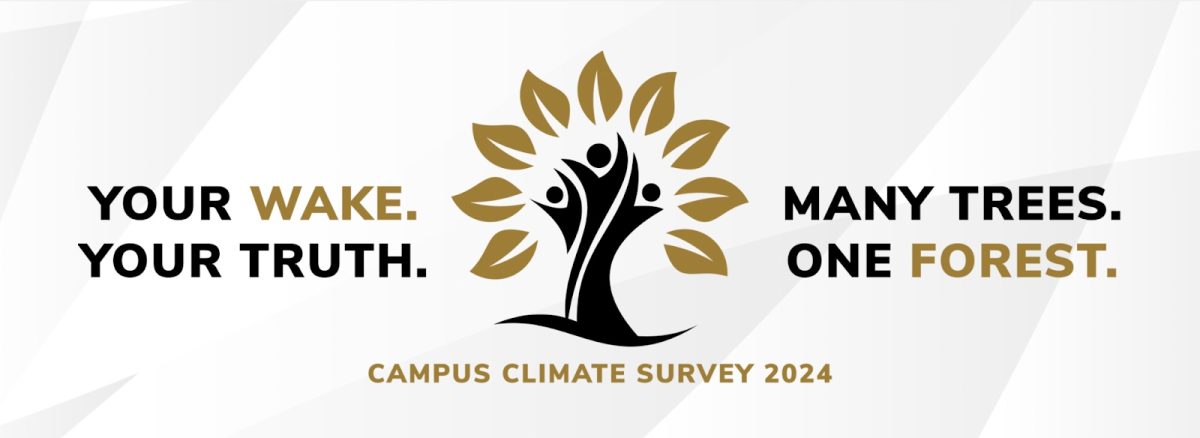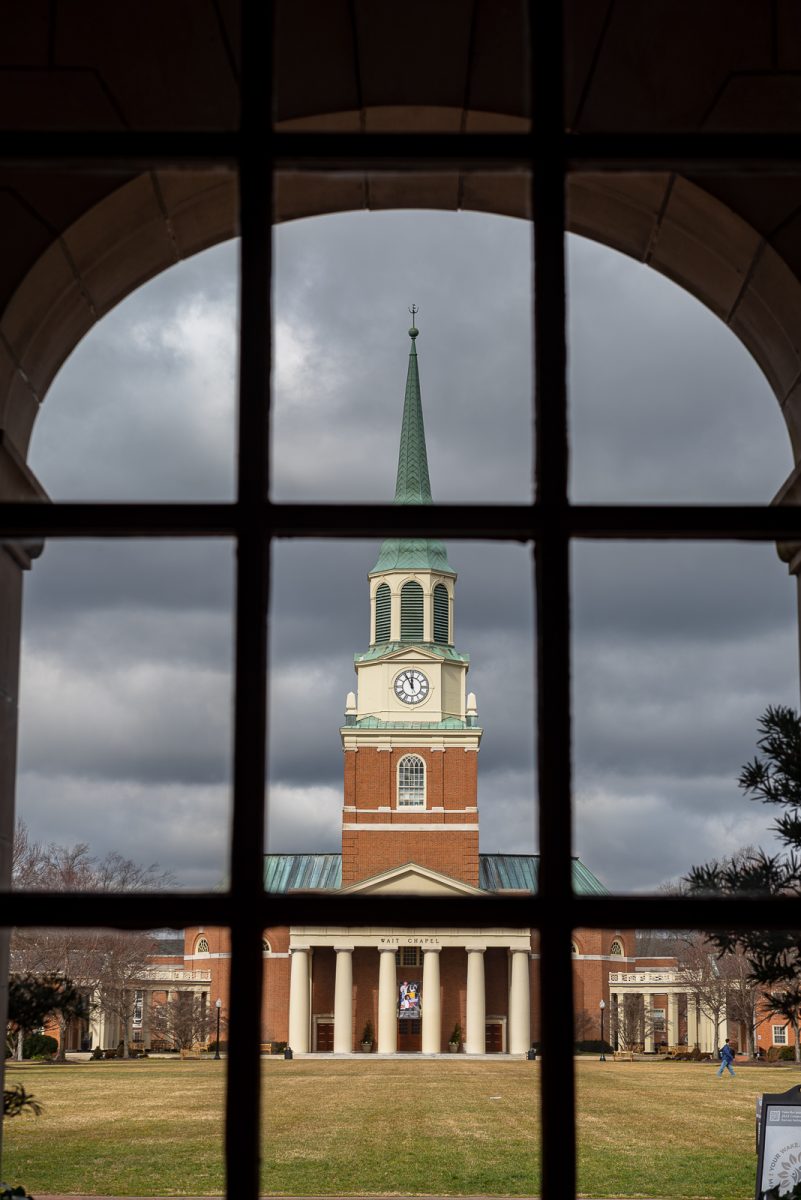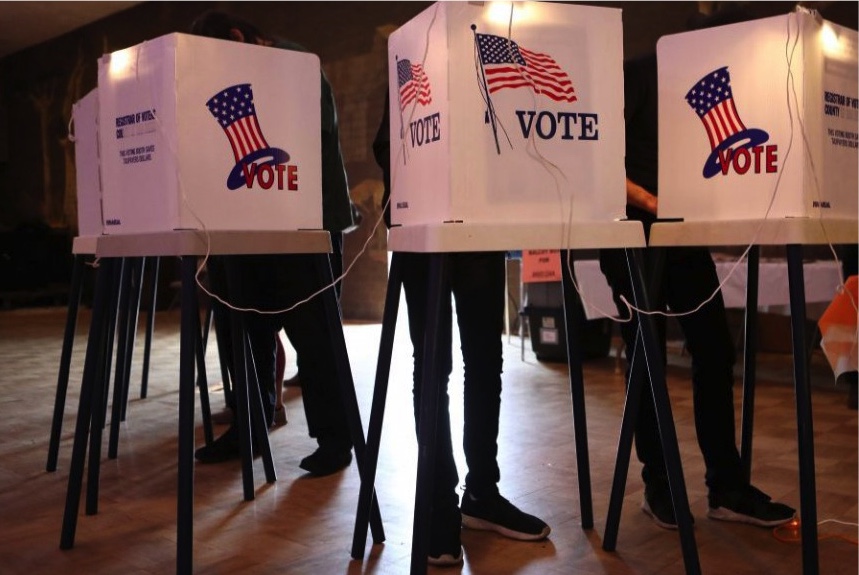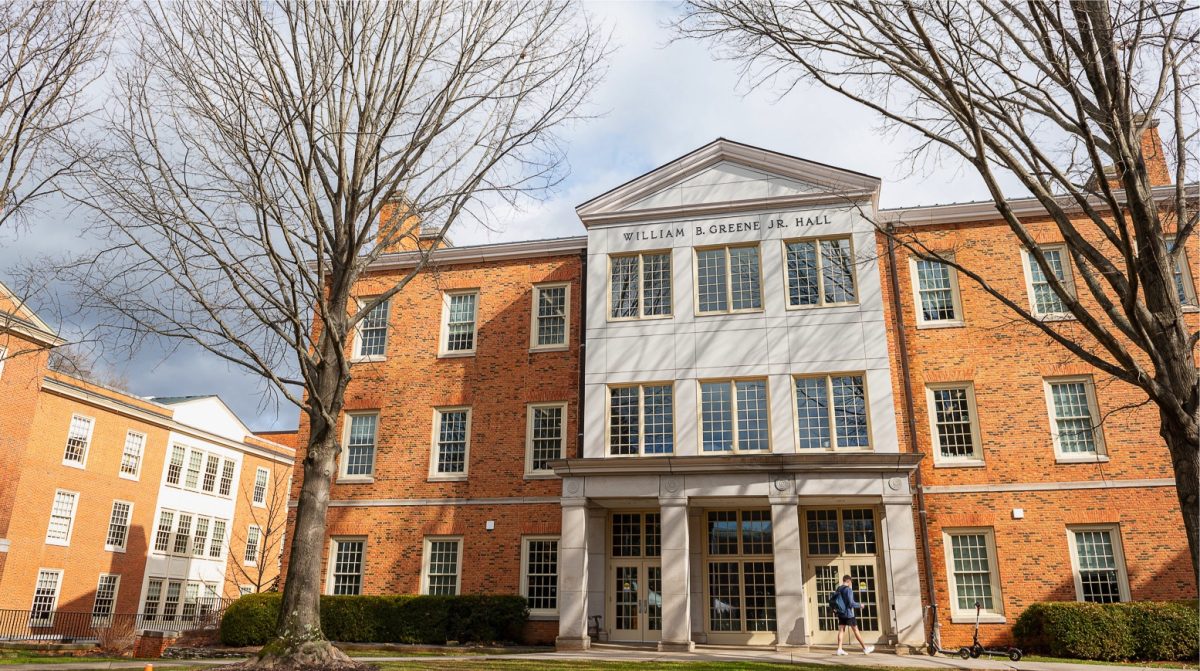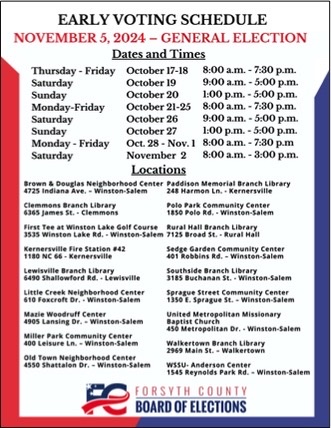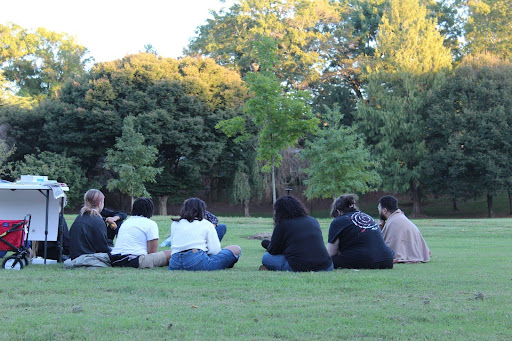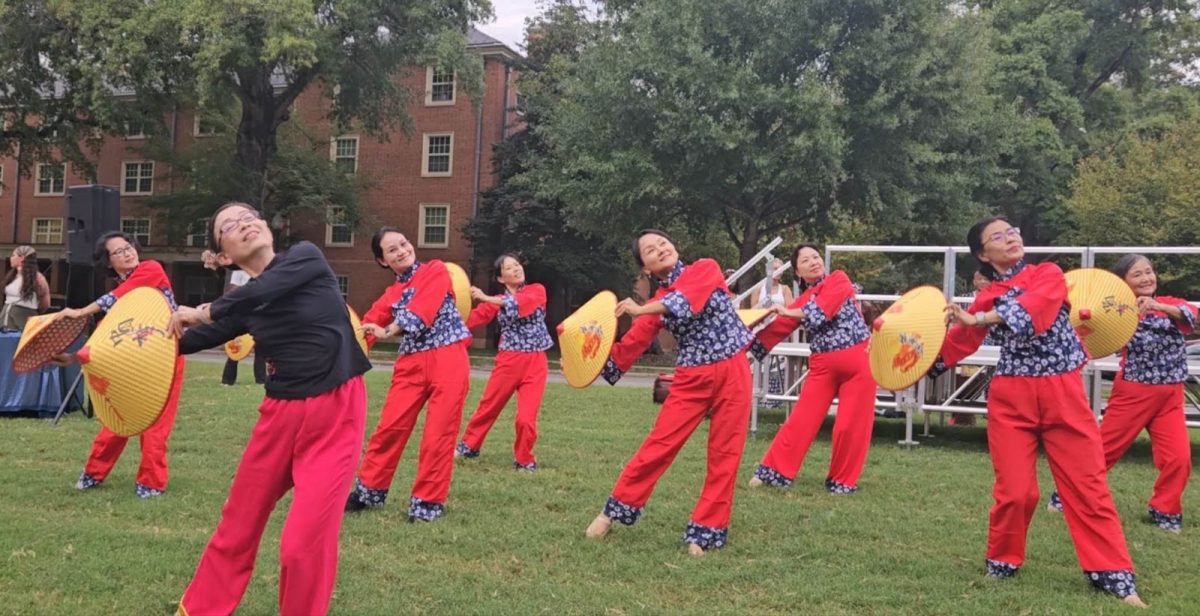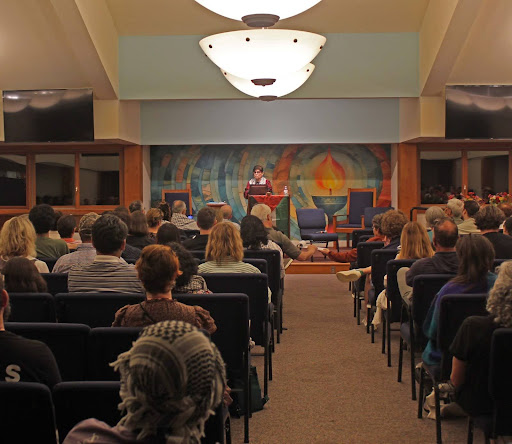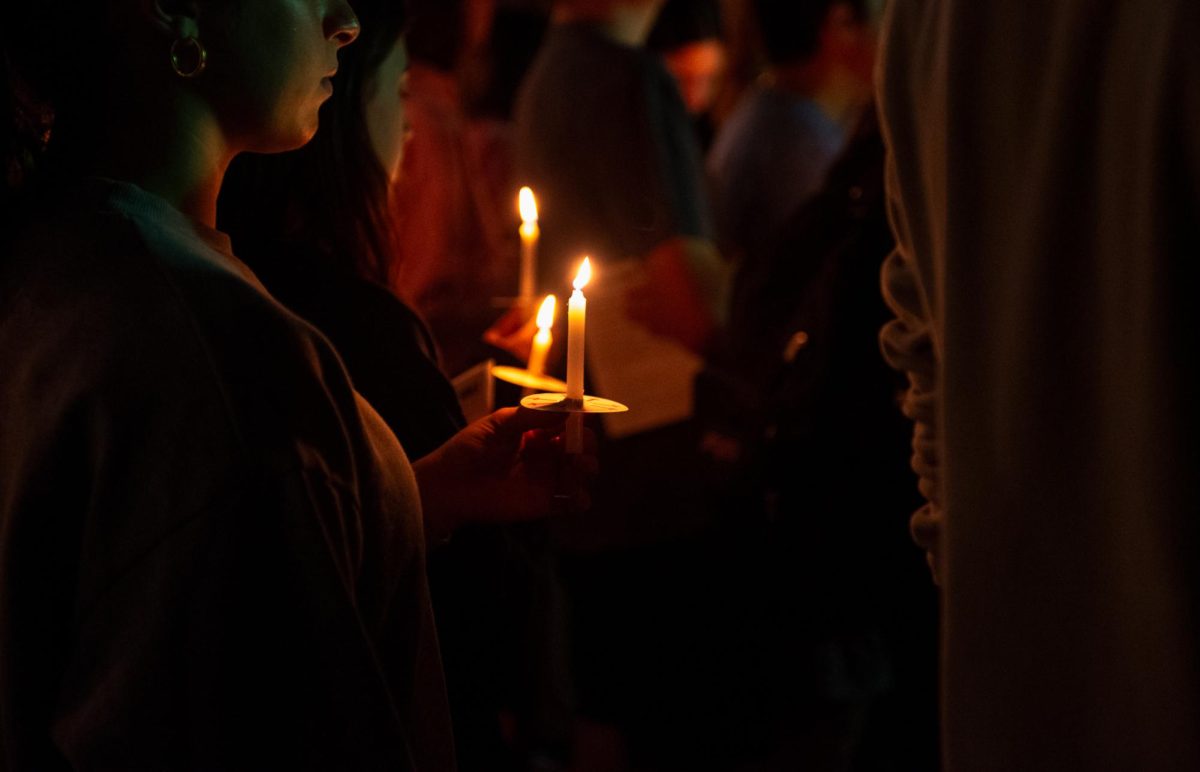A revised version of the Student Code of Conduct was released for the 2018-2019 school year by the Office of Student Engagement after a two-year review process. The former code had not been adjusted in twenty years. According to Associate Dean of Students Matthew Clifford, “It certainly needed to be updated because times have changed.”
The Code of Conduct now appears in the newly-released Student Handbook, which serves as a guideline of what is and is not allowed on campus.
Although it is meant to provide rules and express the parameters of disciplinary action, its primary function, according to the committee involved in the revision process, is to serve as “the minimum expectations for students inside and outside the classroom.” The committee that deliberated the changes was made up of administration, faculty and students in order to take different perspectives into account for the most updated version.
A prominent addition has been the Statement of Expression within the Honor Code, which states that Wake Forest supports that students have the right to their own beliefs and values and deserve respect and dignity.
“I like that Wake Forest added that first statement to the Honor Code, since I feel like many students will often only check it after an incident. It’s there to say that the school is still respecting you and would like to hear your perspective,” said freshman Mia Dolan.
Beyond Wake Forest’s address toward student expression, according to the committee, the most important focuses were issues regarding disruption, disorderly conduct and harassment.
Clifford expressed that one of the main concerns was to keep the code responsive to the current atmosphere on college campuses, especially the conversation around free speech. For example, harmful speech and action directed toward political affiliation, socio-economic standing and immigration statuses are just a few additions to the category of harassment.
Before this change, only federally-protected classes, such as race or gender, were targets in the code. Students have agreed with this alteration.
“I think that putting limitations on people’s freedom of expression through their personal political affiliations or ethnic backgrounds is something that violates what it means to maintain and prosper a respectful, diverse community as well as the divine American liberties,” said sophomore Lydia Millhon.
In regards to student activism and whether it would be disturbing the peace of the university, the definition of disruption has been altered from “intentional disruption or obstruction of teaching, study, research, administration, disciplinary procedures, or other University activity” to “substantial disruption or obstruction of any University activity and/or other authorized non-University activities which occur on or off campus.” This is in response to student feedback pointing out that disruption is often intentional and for a particular cause. This “substantial” disruption would have to be directly offending or disturbing student life.
“If certain political beliefs exploit or dehumanize others then there should be consequences and limitations put on these forms of expression,” Millhon said.
With the handbook having gone two decades without update, some of the elements also needed to be changed to fit into the modern technology era. For example, the definition of cyberbullying under the old code was “Using the Internet, mobile phones or other digital technologies to harm others.” Now with greater capabilities to harm, the description is far more explicit through including sending mean text messages, posting embarrassing content for others to see, and starting or perpetrating rumors.
New policies were put into place to clarify what involvement in wrongful conduct actually entails. For example, complicity, defined as “helping or encouraging another person to engage in violations of University policy” has been added to remind students that even if they are not doing the action themselves, they can still be punished for encouraging it to happen. This ties into one of the adjustments to the anti-hazing rule, which has made it a violation if someone is a bystander to it.
Many of the rules regarding the Honor Code, copyright violations, fire safety, and failure to comply with school officials, and more have remained the same, but will always be up for further consideration in the future by later committees.
While many of the adjustments have been agreed upon by the committee, another idea has also been unanimous: alterations to the Code should be made on a regular basis to keep up with the ever-changing school climate.
“I’m really hoping that we will be in a regular review process that mimics the one that we have just finished, so we’re not only getting ready to revise another twenty years from now,” Clifford said.




